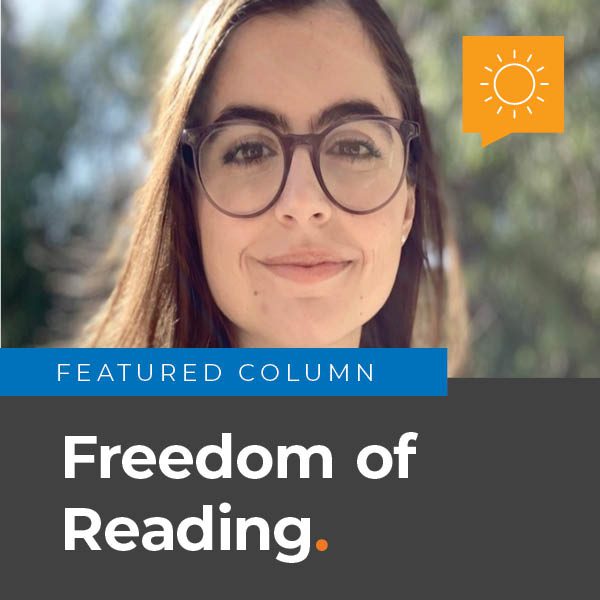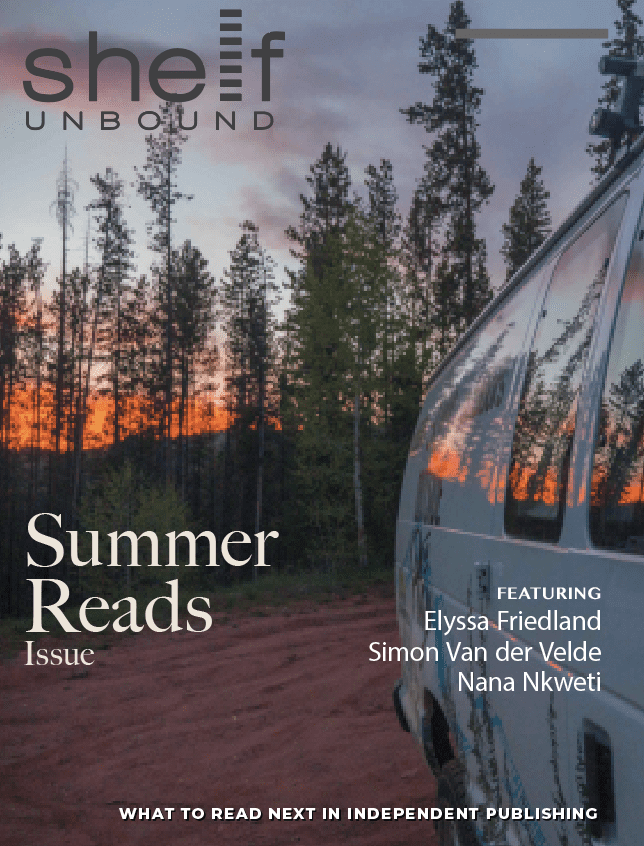BY ALYSE MGRDICHIAN

Reading, as an activity, offers a sense of freedom. You can learn a thousand things, live a thousand lives, and see a thousand places through books. This experience is not only one of escape, but is also one of adventure and growth. When you read, whether it be fiction or nonfiction, you learn, explore, and stretch your mind in new ways, with different genres being able to offer different experiences. This, to me, is what makes summer reading so enjoyable. Although I’m a bit new to the “no summer break” aspect of adult life, there’s still something rejuvenating about being able to choose how I spend my off-time.
We’re often forced to learn things (especially while in school), and, if the things we’re learning aren’t even things we enjoy, then the idea of reading for fun may feel a bit foreign. In light of this, it may seem counterintuitive to think of reading nonfiction as a freeing and pleasant experience—these sorts of labels are typically attributed to fiction. However, if we find a topic that we are excited to learn about, either for enjoyment or betterment (or both), then we won’t drag our feet when we read it. Learning takes on a new form here, because it is borne of desire rather than necessity. Preferences can also become a little more niche, since there are so many sub-genres and fields of study that can be covered by nonfiction. For example, some of my favorite nonfiction books have to do with neuroscience, folklore, and social commentary. On the other hand, I personally know of a lot of people who exclusively buy business and self-help books, or only read memoirs and travel journals.
With nonfiction, we learn through the research or life experiences of others, gaining practical knowledge and, to some extent, developing empathy. What about fiction, though? It’s clear how imagined worlds and situations can provide a sense of freedom and escape from our everyday lives, but how can they teach us anything real? The answer comes in the form of hypotheticals and vicarious learning. Fiction, no matter how whimsical, allows us to identify with the experiences of the story’s characters by making imagined conflict applicable, to some degree, to real life. Even while we’re being gloriously entertained by things like dragons and space ships, we’re simultaneously learning about topics such as abuse of power, reconciliation, courage, social responsibility, and more. Instead of providing heavy-handed moral lessons, fiction has the power to help us learn vicariously through the truth that is slipped into fantastical situations.
In this way, we’re able to learn from stories while getting the sense of escape that we crave, whether it be through fiction or nonfiction, since the ability and opportunity to read is one of the highest forms of freedom.

Continue Reading…
Article originally Published in the August / September 2021 Issue: Summer Reads
